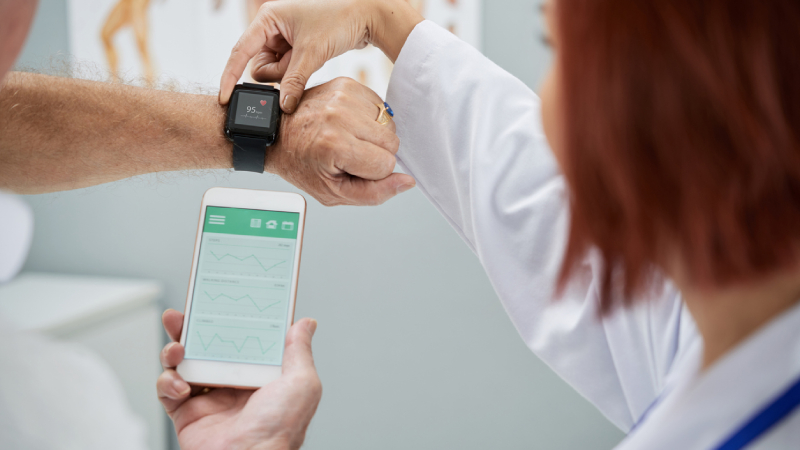A recent study in which researchers looked at the use of wearable devices as a novel method to assess the patient-reported outcomes (PROs) provided by patients with bladder cancer identified several challenges.
Francesca Jackson-Spence, of Barts…

A recent study in which researchers looked at the use of wearable devices as a novel method to assess the patient-reported outcomes (PROs) provided by patients with bladder cancer identified several challenges.
Francesca Jackson-Spence, of Barts…